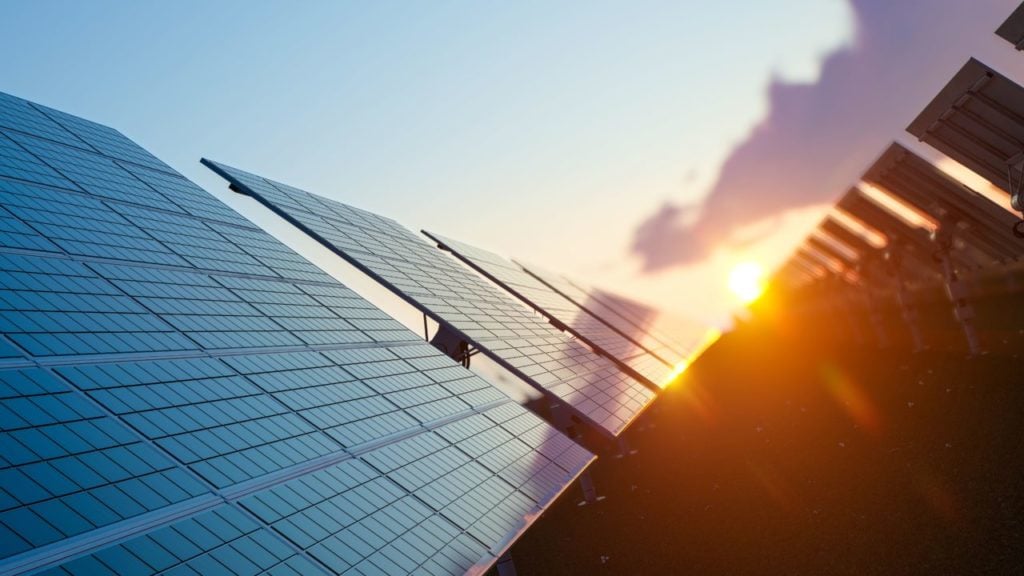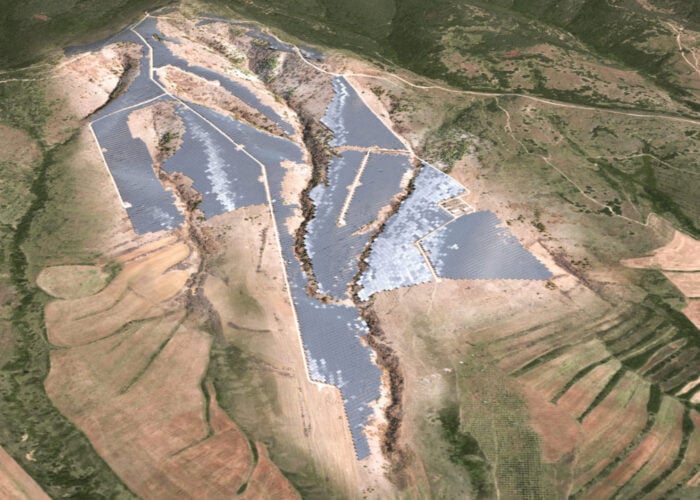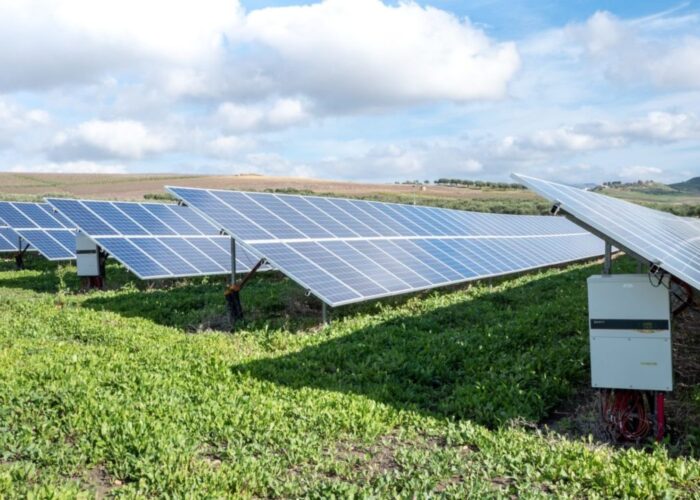
The Austrian government has introduced a “made in Europe” subsidy bonus for European photovoltaic components.
Vice-chancellor of Austria, Werner Kogler, said the subsidy is “the only way we can ensure that European production can hold its own against international competition”.
Unlock unlimited access for 12 whole months of distinctive global analysis
Photovoltaics International is now included.
- Regular insight and analysis of the industry’s biggest developments
- In-depth interviews with the industry’s leading figures
- Unlimited digital access to the PV Tech Power journal catalogue
- Unlimited digital access to the Photovoltaics International journal catalogue
- Access to more than 1,000 technical papers
- Discounts on Solar Media’s portfolio of events, in-person and virtual
The subsidy bonus will be delivered under Austria’s Renewable Energy Expansion Act (EAG), the country’s main energy transition framework law. Applicants for EAG funding for solar installations will be able to subsidise any investment with up to 20% of its total value, depending on how many European components are used.
The Ministry of Climate Action and Energy said that projects must deploy a “mimumum proportion” of European-made components, but it did not specify what that proportion is or which components in a solar installation are included.
In a public statement, the Ministry said: “The Made in Europe bonus is intended to provide targeted support to companies in Austria and Europe: If products from Europe are installed in new solar power plants, there are higher subsidy rates.”
Vice-chancellor Kogler said: “Anyone who really wants to strengthen European environmental technologies must also provide the appropriate investment incentives. That is why the “Made in Europe” principle should be a key part of Austria’s funding culture. This is the only way we can ensure that European production can hold its own against international competition.”
Beyond the direct ingot-module solar supply chain, the Ministry of Climate Action and Energy suggested that the “Made in Europe” bonus could support other parts of solar supply: “companies in the fields of electronics, semiconductor technology, the glass and metalworking industry, digitisation and software.”
Labour and economics minister Martin Kocher added: “Other parts of the world are taking measures to gain strategic advantages in the production of technologies relevant to decarbonisation. Europe must not be naive. With the ‘Made in Europe bonus’ we are guaranteeing fair competition and enabling Austrian and European manufacturers to have a level playing field. We will continue to advocate for a fair, rules-based, multilateral world trade order at EU level.”
In April, the European Union and its member states announced a Solar Charter with a view to “supporting the competitiveness of the European PV manufacturing industry and promoting the creation of a market for high-quality products meeting high sustainability and resilience criteria”.
Concrete measures have been somewhat absent since the Charter’s announcement, though last last month the European Council passed a vote in favour of the Net Zero Industry Act (NZIA), which will see it come into effect this month. The NZIA includes a number of measures designed to support Europe’s floundering renewable energy manufacturing base, including “non-price” criteria for solar tenders designed to give an advantage to ostensibly more sustainably and equitably produced European products.







